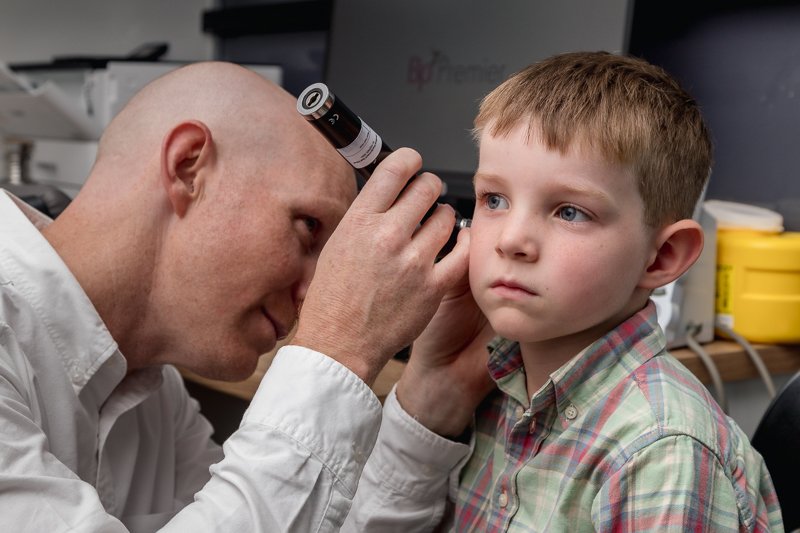Menopause is an aspect of women’s health that is the subject of plenty of misinformation, even among women.
Generally taking place between the ages of 45-55, being aware of what menopause is, and the stages of reproductive health, prior to this period, can help women prepare for this transition and manage some of the accompanying symptoms.
In this post, we dive into some of the basic information relating to menopause.
What is menopause?
Menopause signifies the end of the reproductive period for women. After this point, ovulation no longer takes place resulting in dropping oestrogen and progesterone levels. When a woman has not experienced a period for 12 consecutive months, she is considered postmenopausal.
Preceding this is peri-menopause, where women experience a fluctuation in hormone levels, symptoms as a result of these fluctuating hormones may last up to eight years.
Premature menopause is possible and may take place before the age of 40. This may be the result of natural ovarian function ceasing, following a surgery to remove the ovaries or cancer treatment.
Menopause is still considered ‘early’ if it takes place between the ages of 40 and 45.
What are the physical symptoms of menopause?
A woman may experience:
Hot flushes - A sudden and intense warmth over the face, neck, and chest, alongside profuse sweating
Night sweats
Lost libido (reduced sex drive)
Body aches and pains
Headaches
Dry skin
Backaches
Fatigue
Increased urination
Vaginal dryness
Painful intercourse
What are the psychological symptoms of menopause?
Apart from physical symptoms, women also experience certain psychological symptoms immediately prior to or as they enter menopause. These include:
Moodiness or mood changes
Anxiety and/or depression
Irritability
Forgetfulness
Feeling unloved
These take place due to the hormonal changes in the body, combined with possible sleep disturbances - a common complaint during the peri-menopausal period. In particular, low levels of oestrogen can lead to lower levels of serotonin in the brain, which is a chemical that regulates mood, emotions, and sleep.
The risk of developing depression is the same as during other stages in life but a history of this condition, especially post-natal depression, can make women more susceptible.
Additionally, stress during the peri-menopause stage can lead to mood changes.
Diagnosing menopause
Your doctor may consult a symptom score sheet to measure the presence, severity, or effects of the symptoms of menopause and determine what treatment, if any, needs to be provided.
In addition to this, information relating to prior menstrual history, personal medical history, risk factors for certain conditions including breast cancer and osteoporosis, breast and cervical cancer screenings, and other medical information may be necessary for diagnosis.
Health support when you’re going through menopause
Managing the changes accompanying peri-menopause and menopause is a major part of women’s health discussions. This is because menopause is often a confusing and difficult time. Even if you have all the information on hand, it’s easy to feel overwhelmed by all the physical and psychological changes taking place in your body.
Before making lifestyle or dietary changes - especially if you are being treated for other medical conditions – consult your GP.
Receiving support is important during this time. For all the women’s health information you need on menopause, get in contact with us at Peregian Family Medical Centre.
We’re committed to meeting your health needs with the utmost transparency and support.
Sources:






